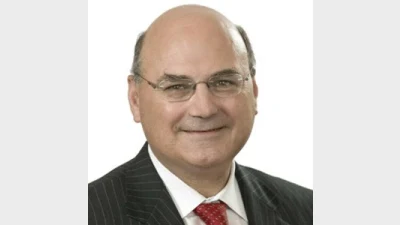Sinodinos backs super governance changes



The regulations around superannuation fund governance have been more influenced by the players running superannuation funds than the members they were meant to serve, according to the Assistant Treasurer, Senator Arthur Sinodinos.
Writing a column published in The Australian today, Sinodinos said this was why it was important to review governance arrangements in the interests of creating a level playing field. He suggested that industry funds who argued they have performed better than other superannuation funds should have nothing to fear from a more competitive environment.
Sinodinos followed on from a recent discussion at a Financial Services Council (FSC) breakfast to reinforce the Government's intention to impose changed governance arrangements on superannuation funds, consistent with those of companies listed on the Australian Securities Exchange (ASX).
The Assistant Treasurer claimed it was "a self-serving cop-out" for some funds to argue that they catered to the passive or non-engaged member.
"Our goal must be to educate as many Australians to understand their financial situation and be in the position to judge the performance of the custodians of their precious retirement savings," he wrote.
"The question is, if it is good enough for banks and insurance companies to be required to maintain a majority of independent directors, why not retirement schemes?"
Sinodinos said the answer was that the industry is not monolithic. Different models had evolved to meet the needs of different institutional players in superannuation, and regulation had been more influenced by these players than the members they were meant to serve.
"Regulation is not about choosing one model to support over another. The aim is to create a level playing field and let competition determine the race for fund members' savings," he wrote.
"Industry funds argue they have performed better than other funds so their governance is not an issue. If that is so, they have nothing to fear from a more competitive environment."
Recommended for you
Australia’s largest super funds have deepened private markets exposure, scaled internal investment capability, and balanced liquidity as competition and consolidation intensify.
The ATO has revealed nearly $19 billion in lost and unclaimed super, urging over 7 million Australians to reclaim their savings.
The industry super fund has launched a new digital experience designed to make retirement preparation simpler and more personalised for its members.
A hold in the cash rate during the upcoming November monetary policy meeting appears to now be a certainty off the back of skyrocketing inflation during the September quarter.









